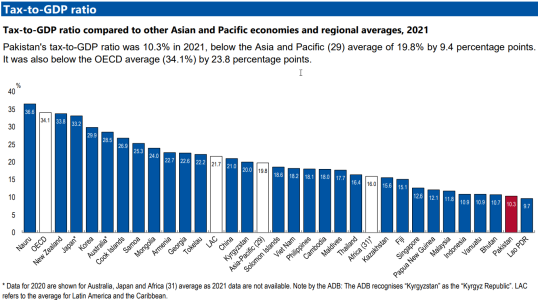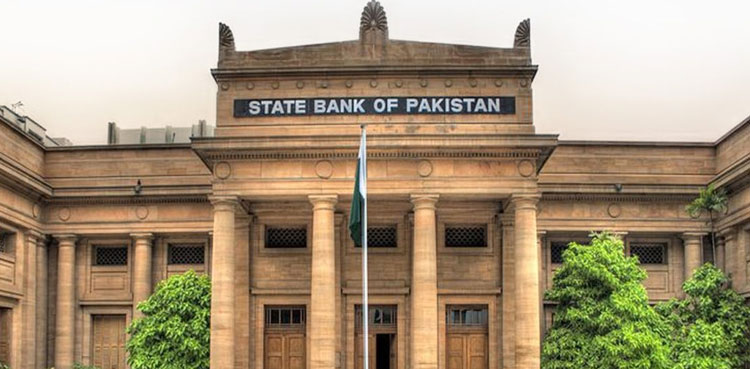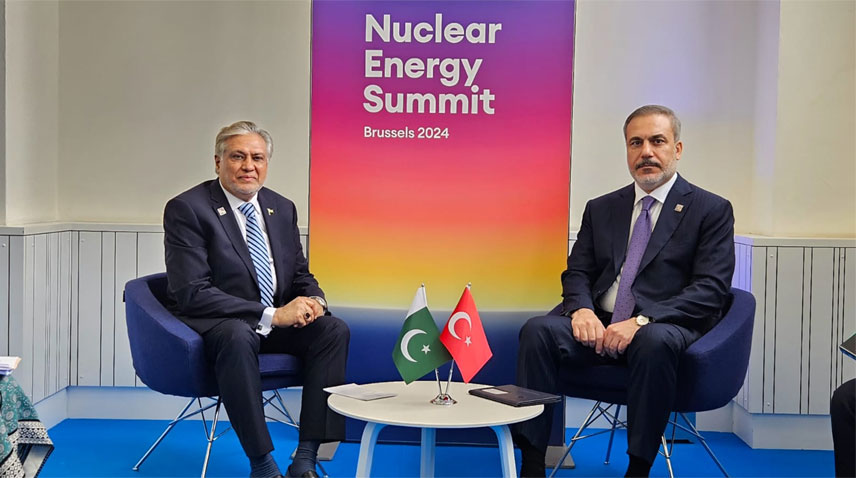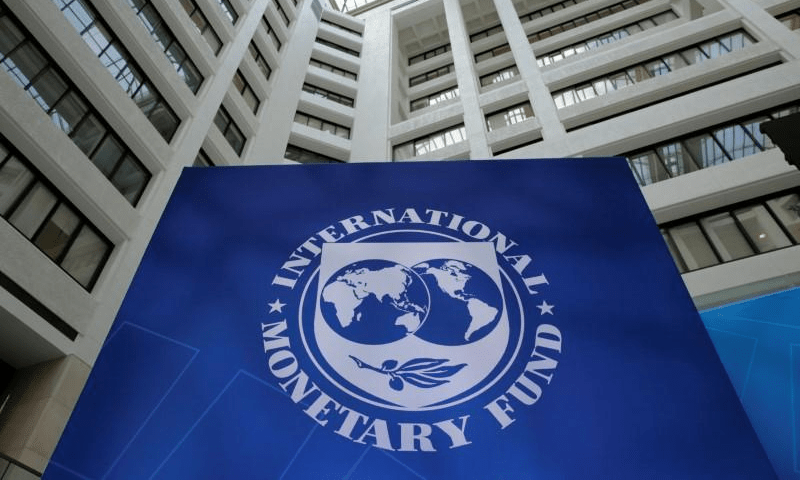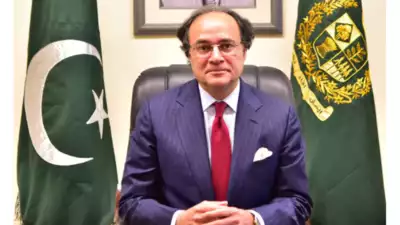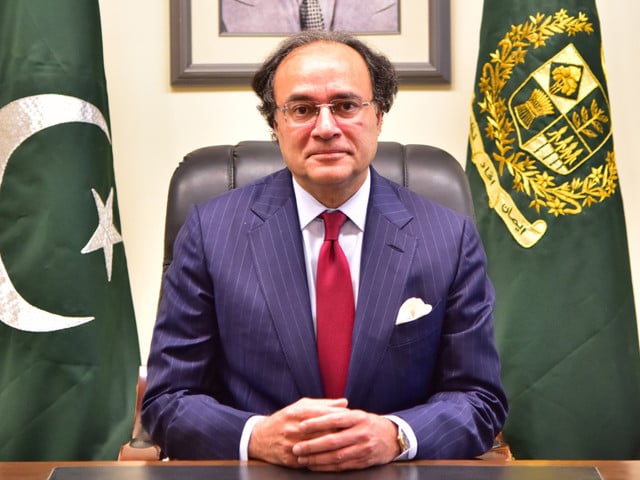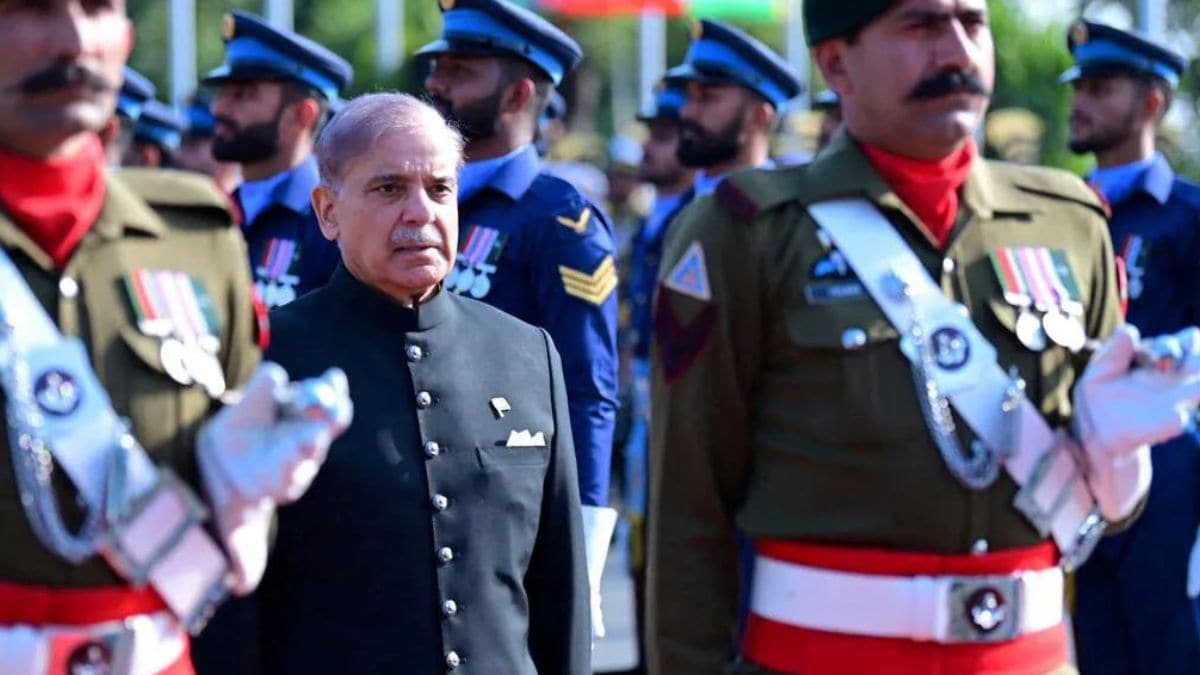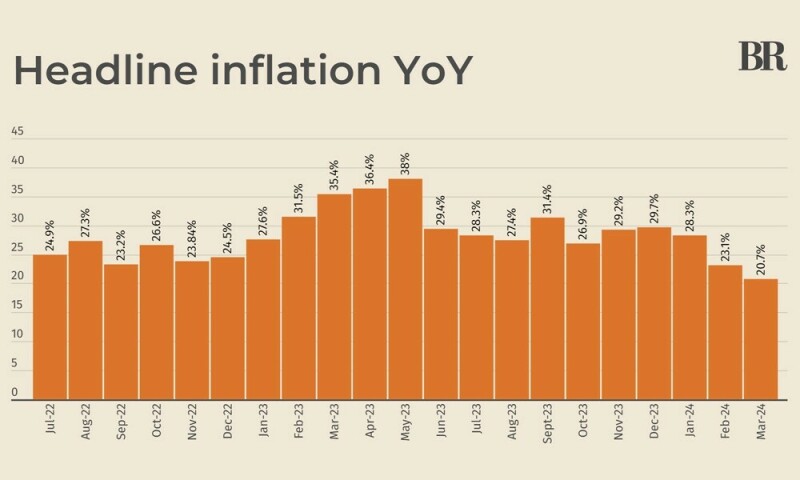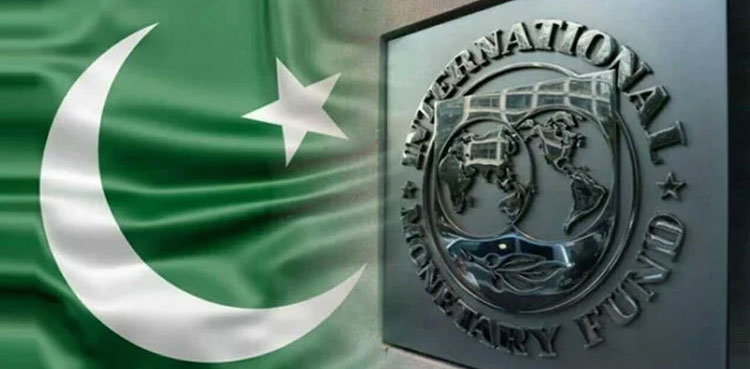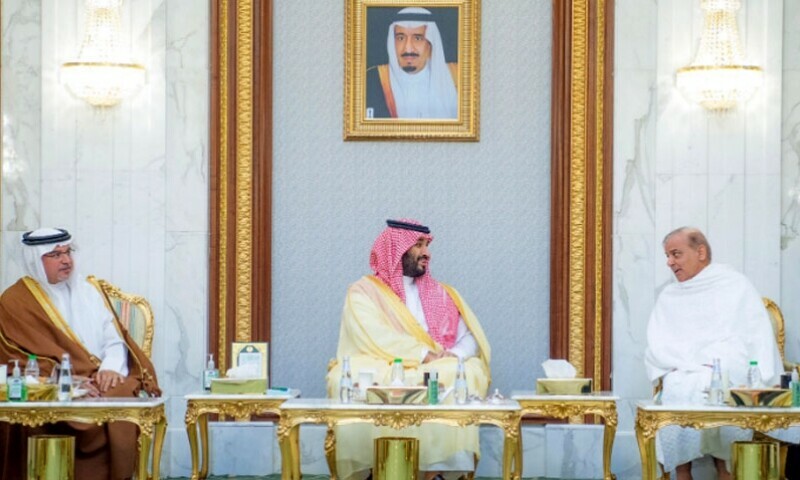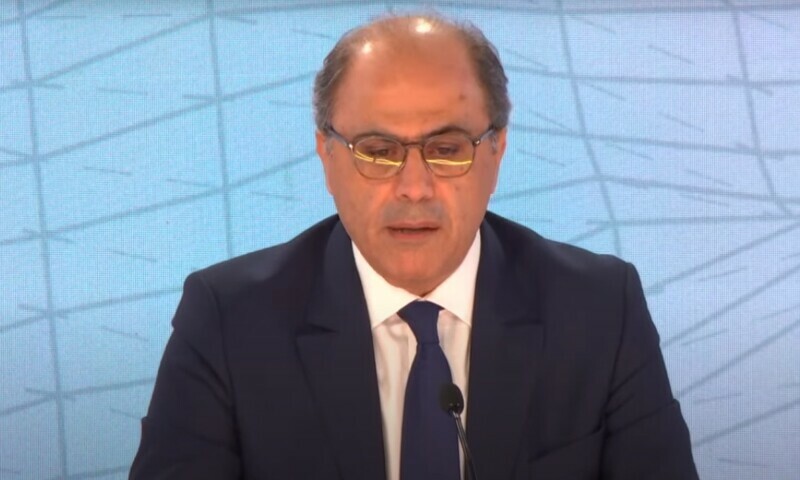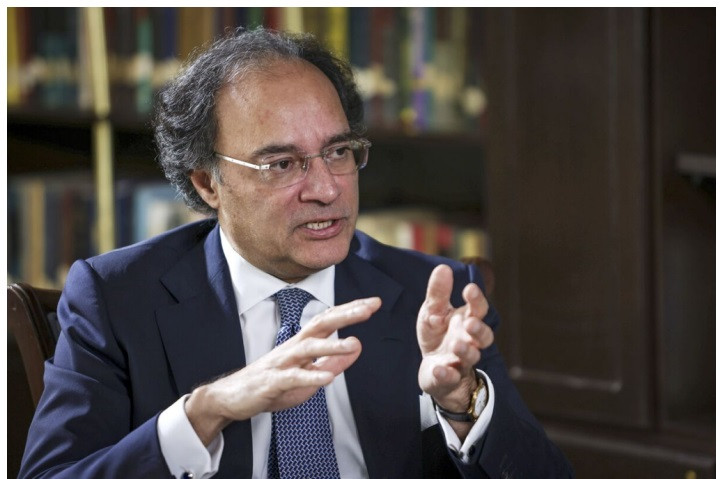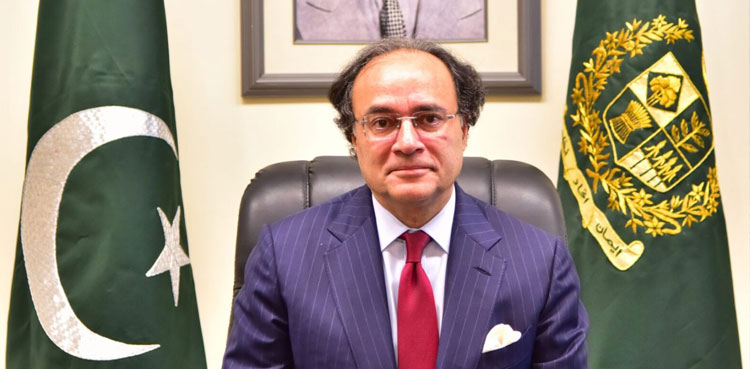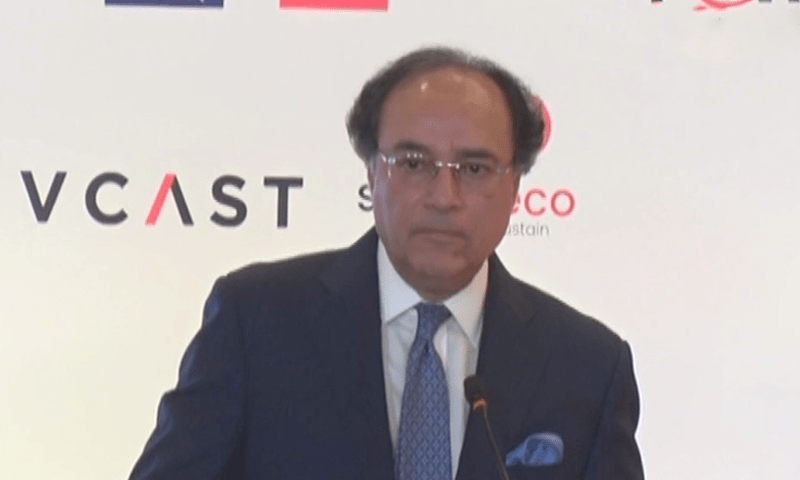FearlessRoar
T20I Star
- Joined
- Sep 11, 2023
- Runs
- 30,521
Pakistan chalks out initial plan for new IMF loan agreement
The federal government has chalked out an initial plan to secure a fresh International Monetary Fund (IMF) programme, ARY News reported, citing sources in the Finance Ministry.
While the exact details have not been finalished yet, the new programme is likely to span three or more years and will be worth around $6 billion to $8 billion, sources claimed.
The major reforms for securing the programme include bringing around 3.1 million retailers into the tax net to further expand the country’s tax framework. Moreover, reforms will also be introduced in the Federal Board of Revenue.
The government will prioritize collecting taxes from the real estate, and agriculture sector while sectors not included in the tax net will be documented for revenue collection.
The government’s plan also includes increasing revenue collection by bringing two million tax evaders into the tax net, increasing the Tax-to-GDP ratio and investing in technology to expand the tax net of Pakistan.
Aiming to secure a long-term IMF program, the government is also working to reform the gas sector along with a cheap energy plan in which Pakistan will invest in the energy sector, prioritize local resources for energy generation and minimize its reliance on imported fuel and resources.
In the energy sector, the government is working to increase generation from local oil refineries. An upgrade drive of the local refineries will also bring in a $6 billion investment to the country.
Meanwhile, the government will ensure managing the circular debt in the energy sector.
The power distribution companies will be handed over to the private sector while the loss-making state-owned enterprises will be privatized according to the plan that is aimed at signing a fresh IMF program.
Earlier today, the IMF staff and Pakistan reached a staff-level agreement on the second and final review under Pakistan’s Stand-By Arrangement.
According to the official statement issued by an International Monetary Fund team led by Nathan Porter, IMF reached a staff-level agreement with Pakistan on the second and final review of the country's stabilization program supported by the IMF's US$3 billion (SDR2,250 million) SBA approved.
“Pakistan’s economic and financial position has improved in the months since the first review, with growth and confidence continuing to recover on the back of prudent policy management and the resumption of inflows from multilateral and bilateral partners,” Porter said.
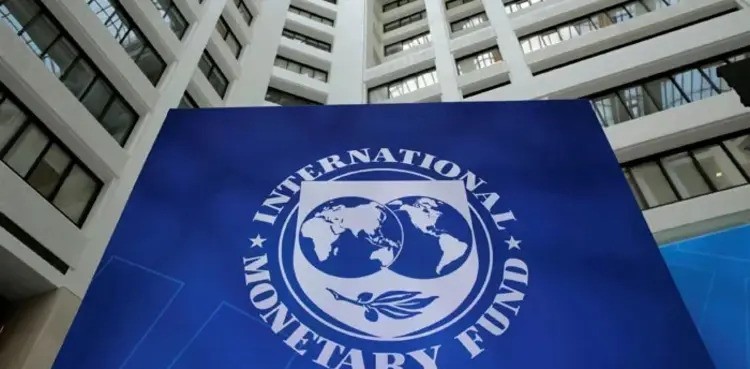
 arynews.tv
arynews.tv
The federal government has chalked out an initial plan to secure a fresh International Monetary Fund (IMF) programme, ARY News reported, citing sources in the Finance Ministry.
While the exact details have not been finalished yet, the new programme is likely to span three or more years and will be worth around $6 billion to $8 billion, sources claimed.
The major reforms for securing the programme include bringing around 3.1 million retailers into the tax net to further expand the country’s tax framework. Moreover, reforms will also be introduced in the Federal Board of Revenue.
The government will prioritize collecting taxes from the real estate, and agriculture sector while sectors not included in the tax net will be documented for revenue collection.
The government’s plan also includes increasing revenue collection by bringing two million tax evaders into the tax net, increasing the Tax-to-GDP ratio and investing in technology to expand the tax net of Pakistan.
Aiming to secure a long-term IMF program, the government is also working to reform the gas sector along with a cheap energy plan in which Pakistan will invest in the energy sector, prioritize local resources for energy generation and minimize its reliance on imported fuel and resources.
In the energy sector, the government is working to increase generation from local oil refineries. An upgrade drive of the local refineries will also bring in a $6 billion investment to the country.
Meanwhile, the government will ensure managing the circular debt in the energy sector.
The power distribution companies will be handed over to the private sector while the loss-making state-owned enterprises will be privatized according to the plan that is aimed at signing a fresh IMF program.
Earlier today, the IMF staff and Pakistan reached a staff-level agreement on the second and final review under Pakistan’s Stand-By Arrangement.
According to the official statement issued by an International Monetary Fund team led by Nathan Porter, IMF reached a staff-level agreement with Pakistan on the second and final review of the country's stabilization program supported by the IMF's US$3 billion (SDR2,250 million) SBA approved.
“Pakistan’s economic and financial position has improved in the months since the first review, with growth and confidence continuing to recover on the back of prudent policy management and the resumption of inflows from multilateral and bilateral partners,” Porter said.

Pakistan chalks out initial plan for new IMF loan agreement
The federal government has chalked out an initial plan to secure a fresh International Monetary Fund (IMF) programme, ARY News reported, citing sources in






